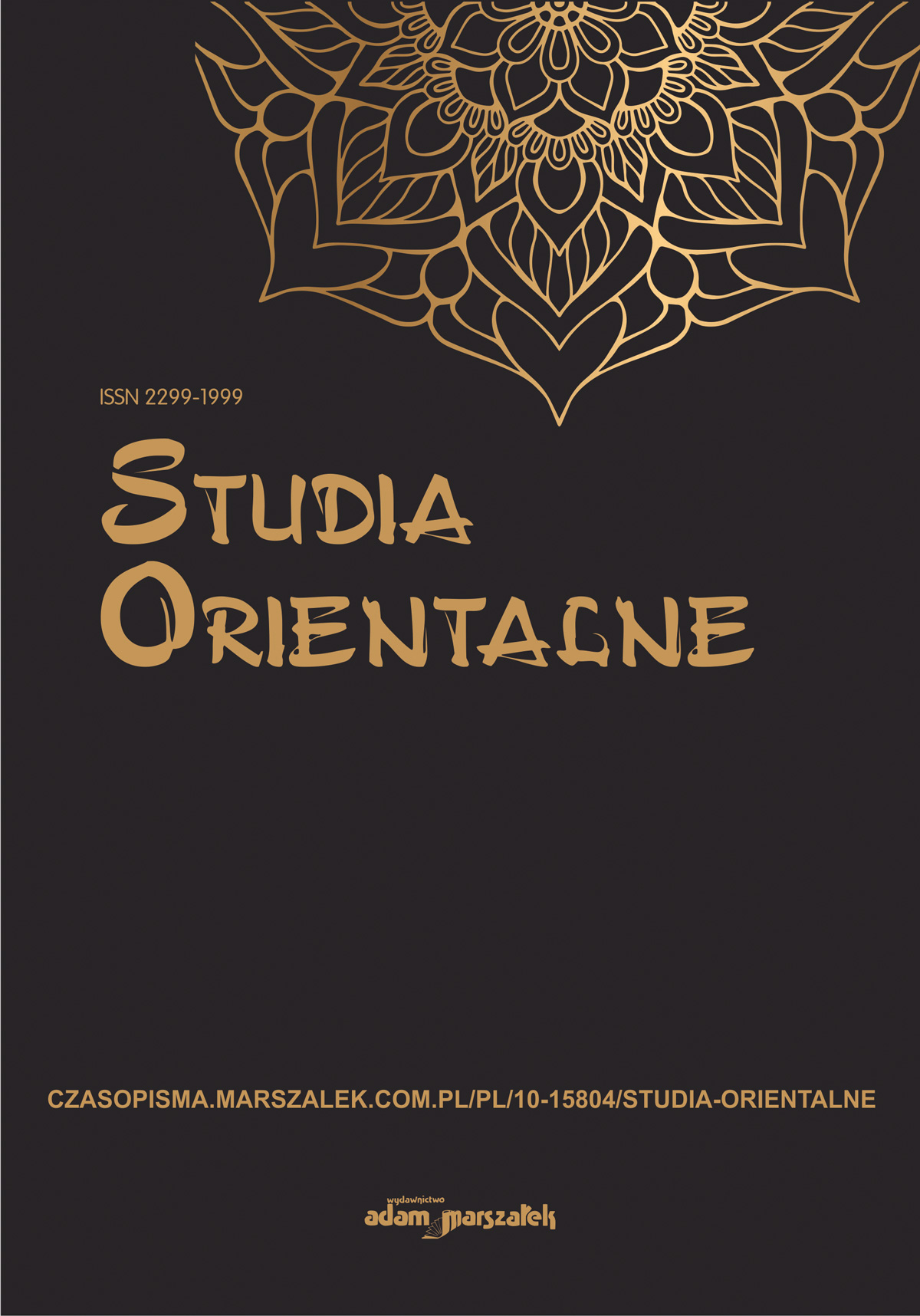Structural-Linguistic and Cognitive Models
of Metonymy in English and Azerbaijani Literary Texts
Structural-Linguistic and Cognitive Models
of Metonymy in English and Azerbaijani Literary Texts
Author(s): Medina Murad HasanovaSubject(s): Comparative Linguistics, Cognitive linguistics, Philology
Published by: Wydawnictwo Adam Marszałek
Keywords: metonymy; association; model; cognitive analysis; linguistics;
Summary/Abstract: The article is devoted to lingua-cognitive models of metonymy in Englis hand Azerbaijani literary texts. First, metonymy and metonymic models werereported. Speaking about metonymic models, we turned to the concepts ofJ. Lakov, R. Jacobson, J. Raden, Z. Kovaks, E. Paducheva, etc., and analyseswere carried out on their basis. The works of such prominent writers asT. Dreiser, F. Karimzadeh, V. Scott, and V. Somerset were used as factualmaterial. From the conducted typological studies, it is concluded that met-onymic models in English and Azerbaijani are similar and universal. The sci-entific results of linguistic research have played an important role in studyingthis problem in a psychological, philosophical and social context. It turnedout that the ancient variants of meaning transfers arose based on abstractionand generalisation of meaning that arose in the minds of primitive people.Their formation as a model of consciousness occurred in developing people’slife experiences from simple to complex. The appearance of elements of logical cognition in primitive people was an incentive for the formation of moreadvanced models of consciousness.
Journal: Studia Orientalne
- Issue Year: 27/2023
- Issue No: 3
- Page Range: 60-70
- Page Count: 11
- Language: English

